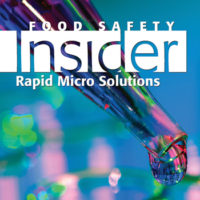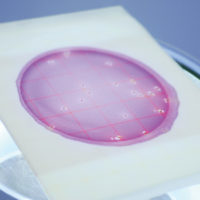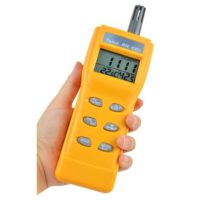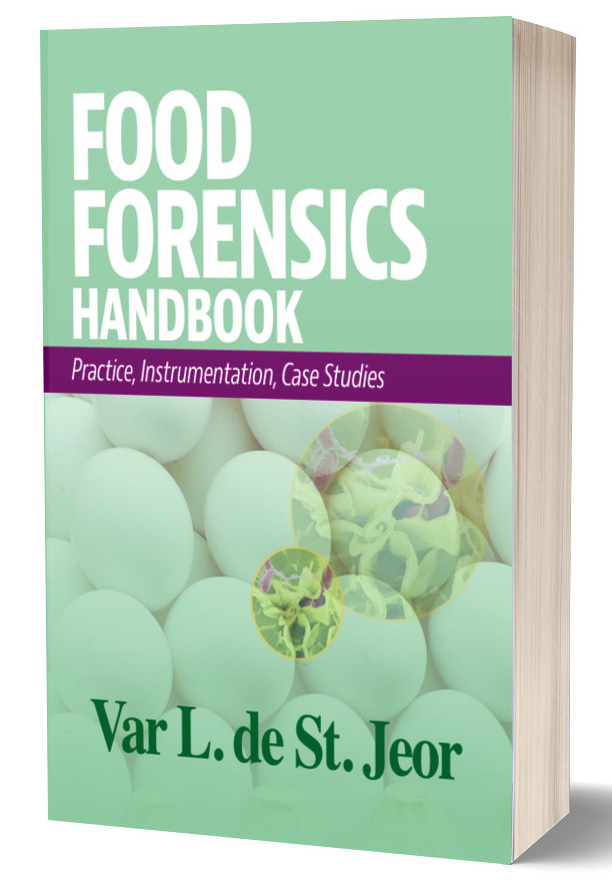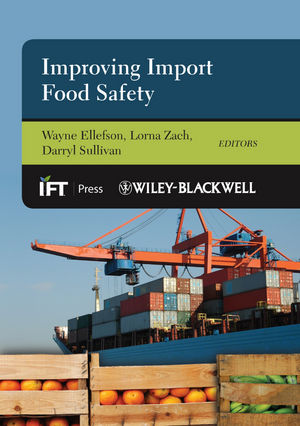Cocktails Anyone? Blended- Organism Quantitative CRMs Simplify QA Monitoring
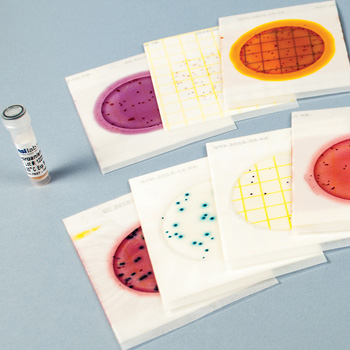
“Common concerns we included from microbiologists engaged in food testing were difficulty in managing costs for multiple culture strains and establishing comparability with internally generated QA [quality assurance] results with values typically provided on COAs [certificates of analysis] supplied with standards,” says Heather Williams, Ph.D., NSI Lab Solutions microbiology director. “We felt pretty confident that by using a little creativity and a customer-centric focus, we could develop some novel microbiological certified reference materials (CRMs) that would directly address these very valid concerns. Keeping this goal in mind, we successfully developed a unique line of stabilized microbiological cocktail CRMs. These new and unique CRMs benefit the laboratory by reducing the number of cultures required, minimizing the amount of commutability assessments and simply saving them a bunch of money in the process.”
First, the commutability deficit was addressed. Results of nonselective assays commonly used to set value assignments for commercially available CRMs frequently differ from the values realized when used along with the selective assays of food microbiology labs. It’s pretty frustrating when a 1,000-CFU (colony-forming unit) CRM only recovers 1,000 CFUs on blood agar and not on your selective media. “So we added some common selective media methods to our CRM certification process,” says Mark Hammersla, president, NSI Lab Solutions. “When you use one of our cocktail CRMs for a quantitative food microbiology test, you’ll have results listed on the COA for that selective assay, not just the nonselective enumeration. Problem solved.”
Second, the way a CRM is designed was rethought. For many years, manufacturers of chromatography reference standards created blends of many analytes to streamline instrument calibration protocols. Imagine trying to calibrate a liquid chromatography-mass spectrometry instrument with 300 single-component pesticide standards. Talk about inefficient! “Why not blend multiple appropriate organisms at method-appropriate levels into a single CRM, was the question we asked,” says Williams. “Wouldn’t such an approach reduce the number of cultures needed, simplify their application and dramatically reduce costs? The answer was pretty clear.”
Multi-organism CRMs are now available for some of the most common indicator parameters, and six new pathogen cocktails are also available:
Multi-organism with Yeast: Use for aerobic plate count (APC), coliforms, Escherichia coli, rapid coliform, Staphylococcus aureus, Enterobacteriaceae and yeast from a single CRM. Applicable to rehydratable film and other comparable plate count methods.
Multi-organism with Mold: Use for APC, coliforms, E. coli, rapid coliform, S.aureus, Enterobacteriaceae and mold from a single CRM. Applicable to rehydratable film and other comparable plate count methods.
Pathogens Cocktail: Contains Salmonella, Listeria monocytogenes and E. coli O157:H7 at approximately 103 CFUs each in a single CRM. Useful for PCR techniques.
Salmonella/E. coli O157:H7 Cocktail: Contains Salmonella and E. coli O157:H7 at approximately 103 CFUs each in a single CRM. Useful for PCR techniques.
Listeria Cocktail: Contains L. monocytogenes and L. innocua at a total count of approximately 103 CFUs. Can be used for PCR techniques.
Big “6” STEC Cocktail: Contains E. coli serotypes O26, O111, O121, O45, O103 and O145 at approximately 200 CFUs each in a single CRM. Can be used for any approved methods, including real-time PCR.
STEC Panel 1 Cocktail: Contains E. coli serotypes O26, O11 and O121 at approximately 350 CFUs each in a single CRM. Can be used for any approved methods, including real-time PCR.
STEC Panel 2 Cocktail: Contains E. coli serotypes O45, O103 and O145 at approximately 350 CFUs each in a single CRM. Can be used for any approved methods, including real-time PCR.
Blended microbiological CRMs enhance data quality and are easy to implement and affordable to use.
NSI Lab Solutions microbiological CRMs are manufactured from pure reference cultures in the company’s Raleigh, NC, facility. All CRMs are manufactured to ISO Guide 34 requirements and certified in NSI Lab Solutions’ ISO 17025 accredited laboratory. Materials are expiration dated, stable for up to 14–18 months and supplied fully documented. To learn more, view the company catalog at www.nsilabsolutions.com/Media/Catalogs/PT-and-RMs-for-Food-Science.pdf or contact Mark Hammersla at mark.hammersla@nsilabsolutions.com or Heather Williams, Ph.D., at heather.williams@nsilabsolutions.com.
Looking for a reprint of this article?
From high-res PDFs to custom plaques, order your copy today!



